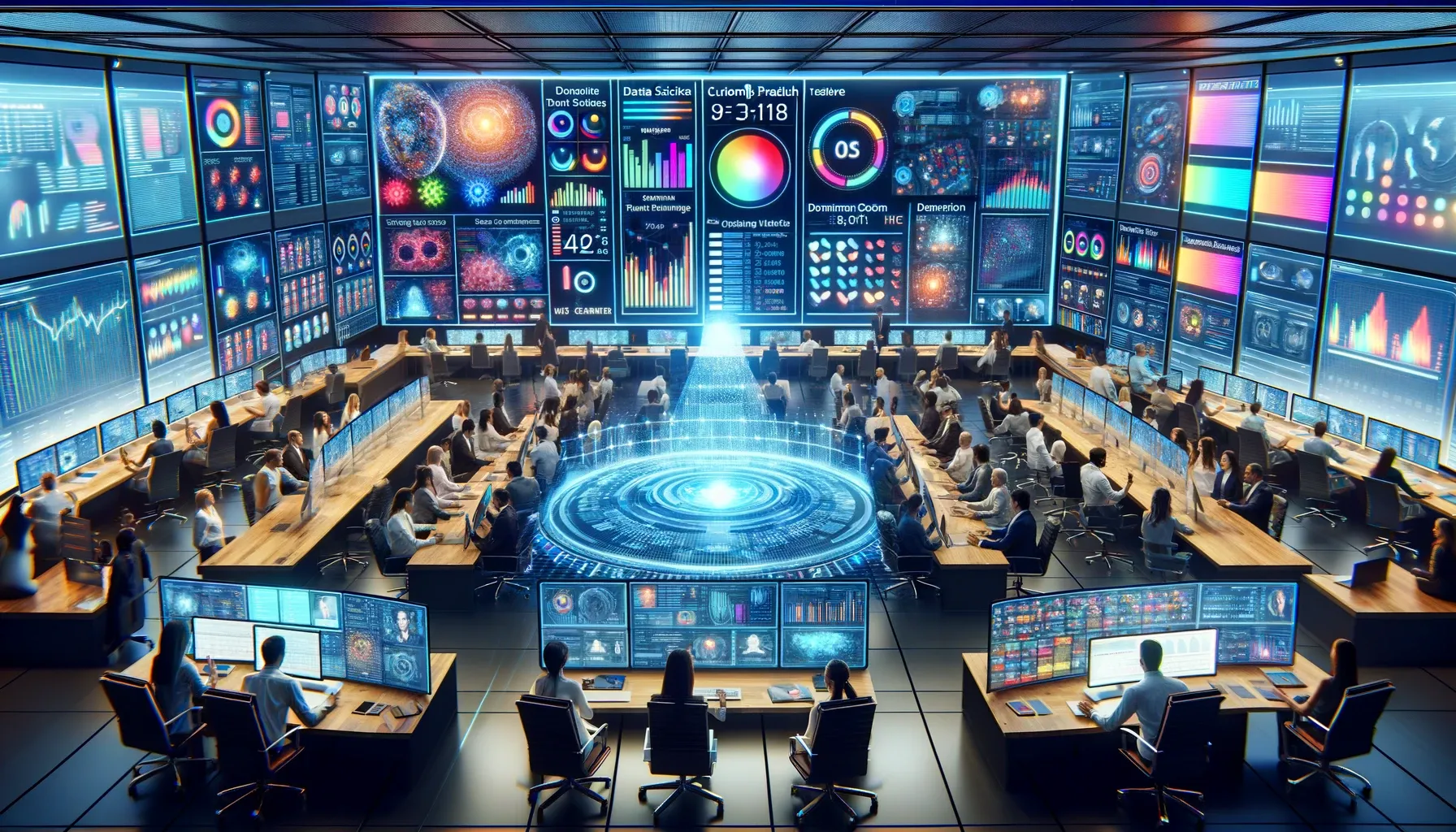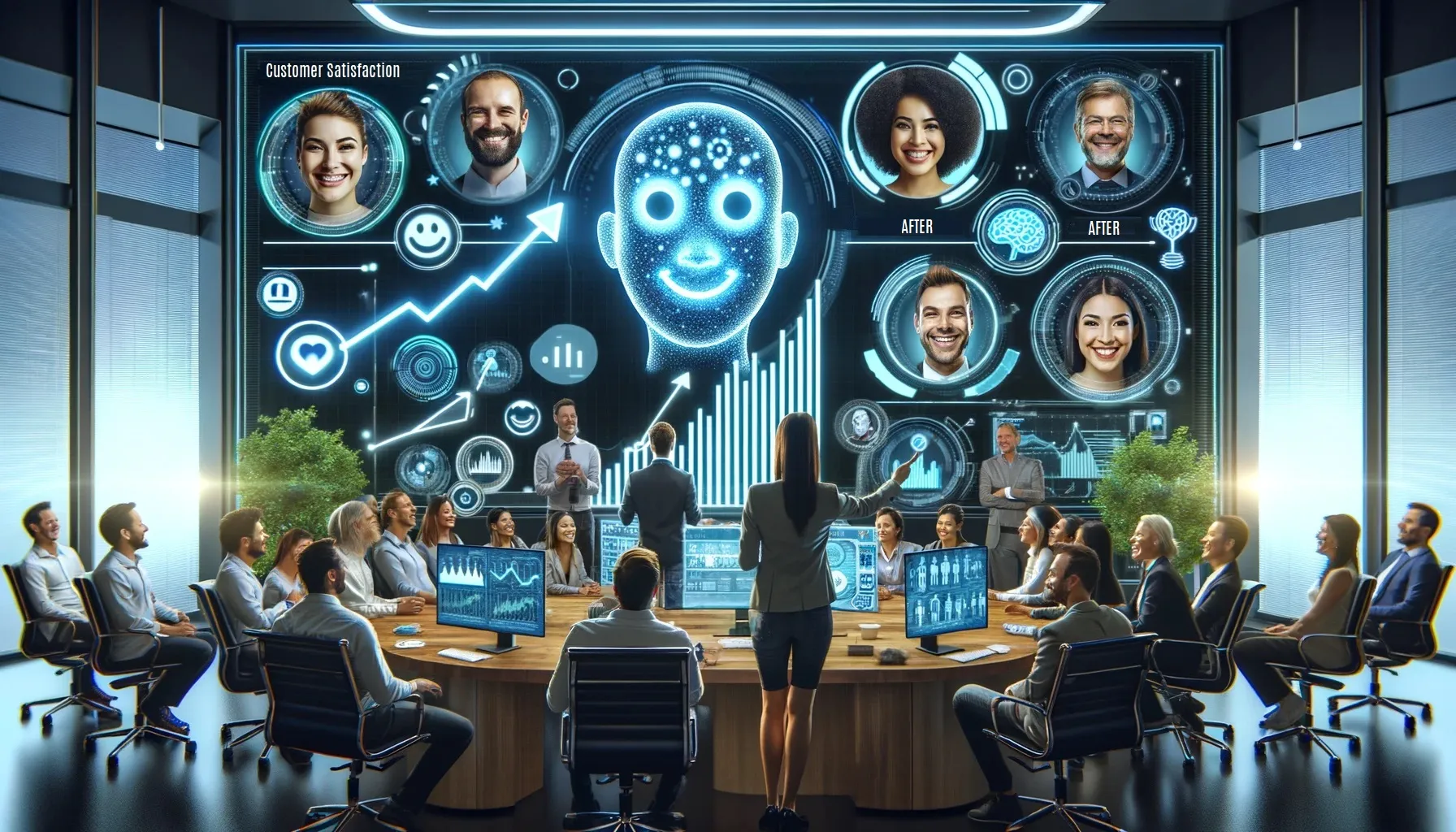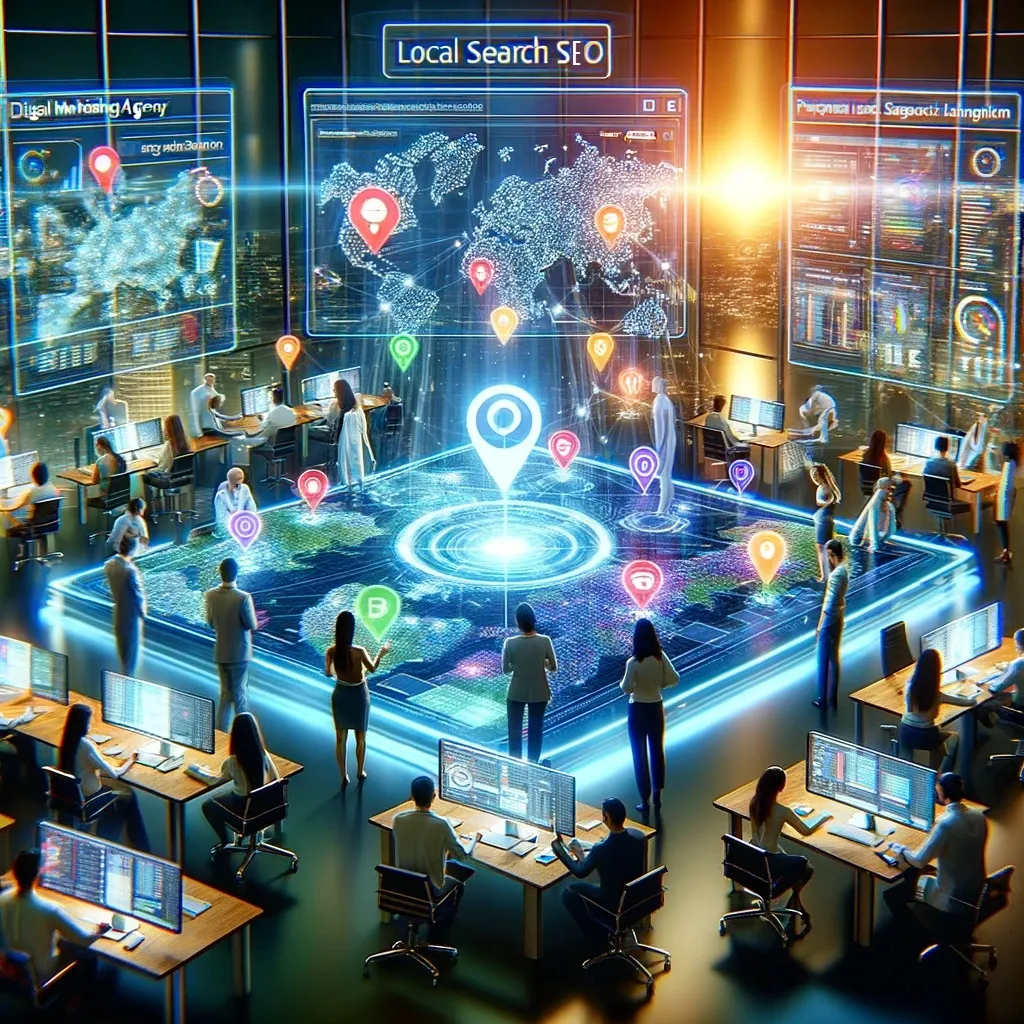The AI Revolution in Social Media Marketing: Transforming Influencer Strategies
Discover how AI revolutionizes influencer marketing, optimizing relationships, campaigns, and ROI, shaping the future of social media strategies.
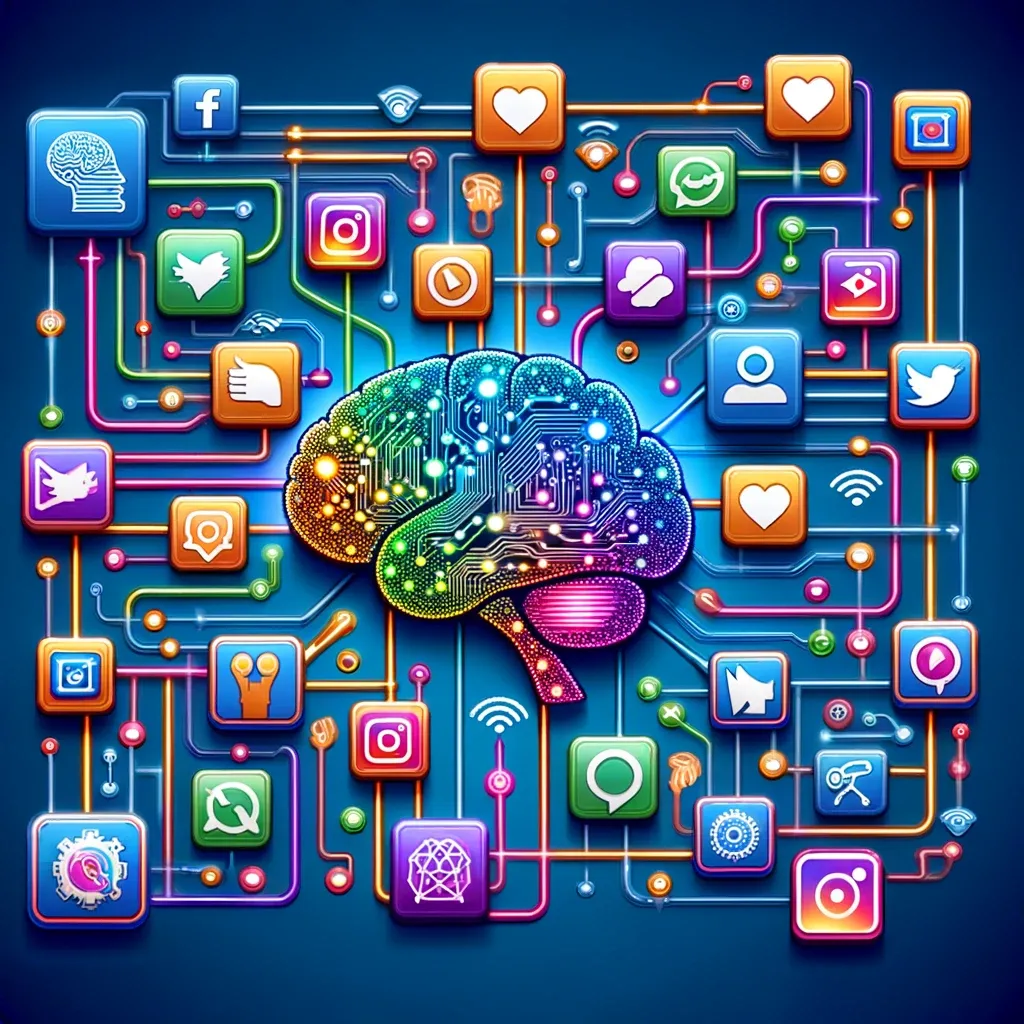
Introduction: The Dawn of AI in Social Media Strategies
The digital age has witnessed the relentless ascent of artificial intelligence (AI) as a cornerstone in revolutionizing marketing strategies, particularly in the dynamic realm of social media.
At the heart of this transformation lies the burgeoning role of AI in influencer marketing—a sub-pillar that has dramatically altered the landscape of brand promotion and audience engagement. By harnessing the power of AI, brands are now navigating through the complexities of social media with unprecedented ease, identifying, managing, and optimizing influencer relationships with a precision that was once unfathomable.
The Core of AI in Influencer Marketing
AI Tools: The Backbone of Influencer Relationship Management
The advent of AI-powered tools has been a game-changer in managing influencer relationships. These platforms, through the use of sophisticated machine learning algorithms, analyze vast amounts of data to offer insights into influencer performance metrics, forecast the influencer-brand fit, and maximize campaign Return on Investment (ROI).
The functionalities span across a spectrum of applications:
- Influencer Discovery Tools: AI algorithms sift through social media platforms to identify influencers based on niche, reach, engagement rates, and audience demographics, ensuring a perfect alignment with brand values and campaign goals.
- Engagement Rate Calculators: By analyzing past performance data, these tools provide brands with insights into potential engagement rates, helping them to predict campaign success and influencer impact.
- Predictive Analytics for Campaign Success: Advanced AI models forecast the outcomes of influencer campaigns, enabling brands to adjust strategies in real-time to ensure optimal performance.
Integrating AI into Influencer Marketing Strategies
The integration of AI tools into influencer marketing strategies necessitates a tailored approach, taking into consideration brand objectives, campaign goals, and target demographics.
Here’s how brands can navigate the selection and integration process:
- Select AI Solutions Wisely: Match AI tool capabilities with specific campaign needs—whether it's influencer discovery, performance tracking, or predictive analytics.
- Streamline Communication: Utilize AI-driven platforms to facilitate seamless communication with influencers, ensuring clear and consistent exchange of campaign objectives and expectations.
- Monitor and Analyze: Deploy AI tools for real-time campaign monitoring and post-campaign analysis to glean insights into campaign performance and influencer effectiveness.
Best Practices in AI-Driven Influencer Marketing
To fully leverage AI in influencer marketing, brands should adhere to best practices that ensure the success and sustainability of their campaigns:
- Define Clear Objectives: Establish specific, measurable goals for influencer campaigns to enable precise targeting and optimization by AI tools.
- Focus on Quality Over Quantity: Prioritize the selection of influencers who resonate with the brand ethos over those with merely large followings.
- Embrace Data-Driven Decisions: Let AI insights guide strategy adjustments, influencer selection, and content optimization to maximize campaign ROI.
Case Studies: AI in Action
Illustrative examples of AI's impact on influencer marketing abound, showcasing significant enhancements in campaign efficiency, engagement, and ROI. Brands that have embraced AI for influencer marketing report:
- Improved Engagement Rates: Through the use of AI-powered tools, brands have identified influencers whose audiences align closely with their target demographics, resulting in higher engagement rates.
- Optimized Campaign Performance: AI’s predictive capabilities allow for real-time campaign adjustments, leading to improved performance metrics.
- Increased ROI: The precision of AI in selecting and managing influencer relationships has led to a more efficient allocation of marketing budgets and higher returns on investment.
Case Study 1: Fashion Brand Sees Engagement Soar with AI-Driven Influencer Partnerships
Background: A mid-sized fashion brand sought to increase its market share and engagement rates among its target demographic of 18-34-year-olds. Despite previous influencer collaborations, the brand struggled to achieve a significant impact due to mismatched influencer partnerships and inconsistent campaign messaging.
AI Integration: The brand employed an AI-powered influencer discovery tool to identify influencers whose followers closely matched their target audience's profile. The tool analyzed millions of social media posts to find influencers with high engagement rates in relevant topics. Additionally, the brand used predictive analytics to tailor campaign messages that resonated with the target audience, optimizing posting schedules for maximum engagement.
Results: The campaign achieved a 40% increase in engagement rates and a 25% uptick in website traffic from social media channels. The AI-driven approach enabled the brand to connect with highly relevant influencers, resulting in content that resonated strongly with the intended audience.
Case Study 2: Beauty Startup Doubles ROI with Precision Targeting
Background: A beauty startup aiming to break into a crowded market faced challenges in differentiating itself and achieving a positive ROI from influencer marketing campaigns. Previous efforts were hampered by a broad and unfocused approach to influencer selection.
AI Integration: Leveraging an AI platform, the startup analyzed engagement patterns and audience demographics across various influencers, focusing on those with audiences that demonstrated a high interest in niche beauty products. The platform’s predictive analytics capabilities also helped optimize the allocation of the marketing budget across different influencers and platforms, ensuring the best possible ROI.
Results: The startup saw its campaign ROI double within three months, with significant increases in both conversions and average order value. The targeted approach, informed by AI insights, allowed for more effective influencer partnerships and content strategies that resonated with the brand's niche audience.
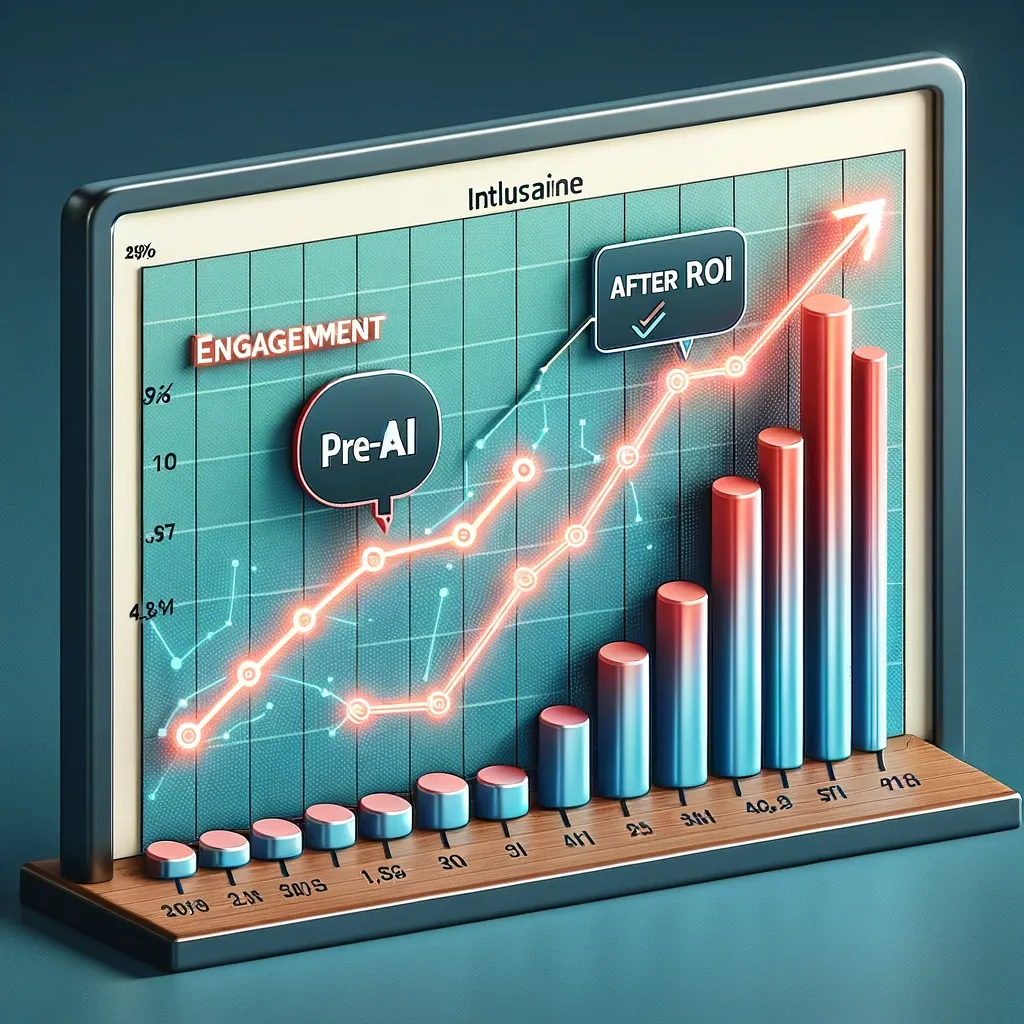
The Future of AI in Influencer Marketing
Looking ahead, the trajectory of AI in influencer marketing points towards an even more integrated and intelligent ecosystem. Emerging technologies and trends, such as generative AI for content creation and deep learning for even more nuanced audience analysis, promise to further elevate the effectiveness of influencer marketing strategies. Marketers, thus, must stay abreast of these advancements to maintain a competitive edge in the ever-evolving landscape of social media marketing.
In conclusion
The integration of AI into influencer marketing heralds a new era of precision, efficiency, and effectiveness in social media strategies. By embracing AI, brands can unlock the full potential of their influencer partnerships, ensuring not only heightened engagement and reach but also a tangible improvement in campaign ROI. The future of influencer marketing, underpinned by AI, is not just promising; it is already here.

